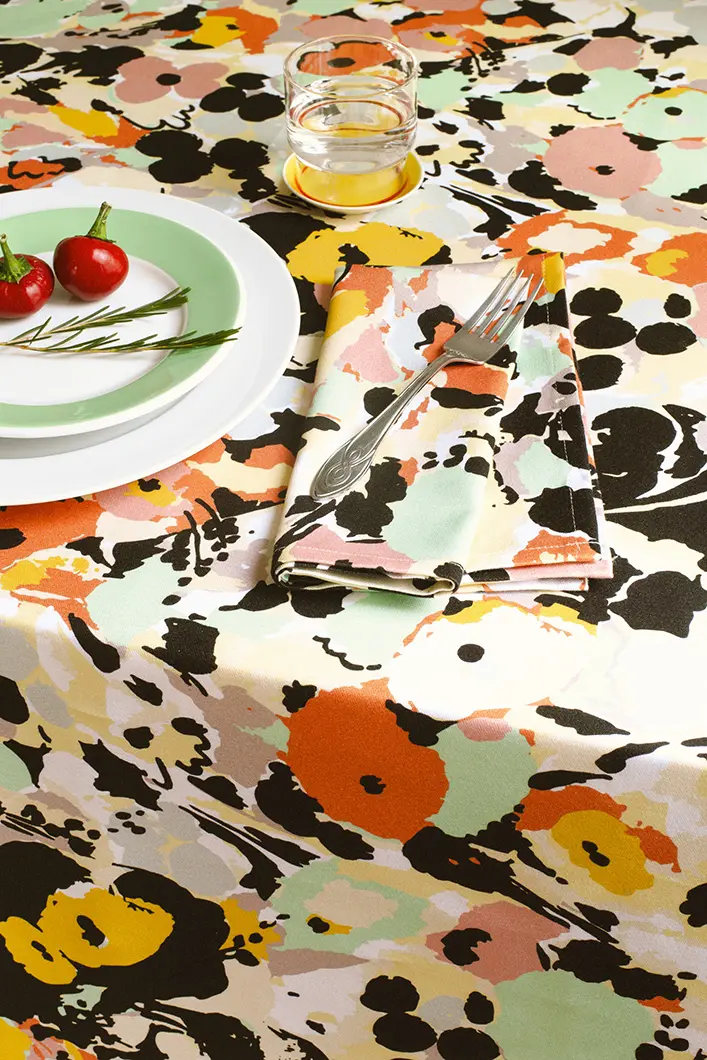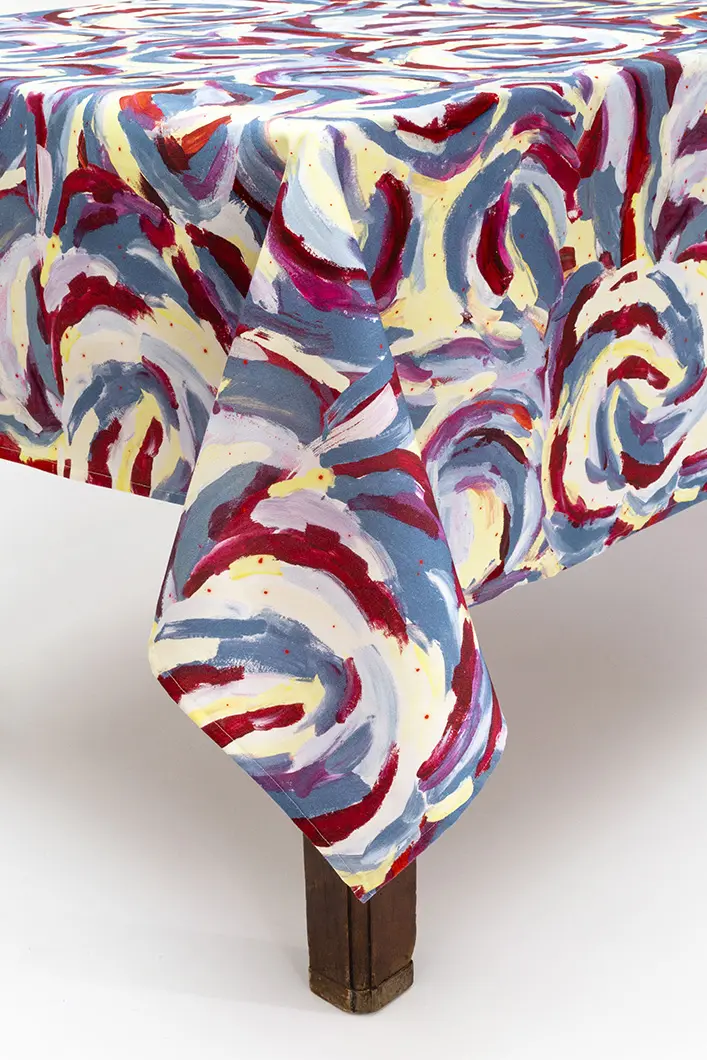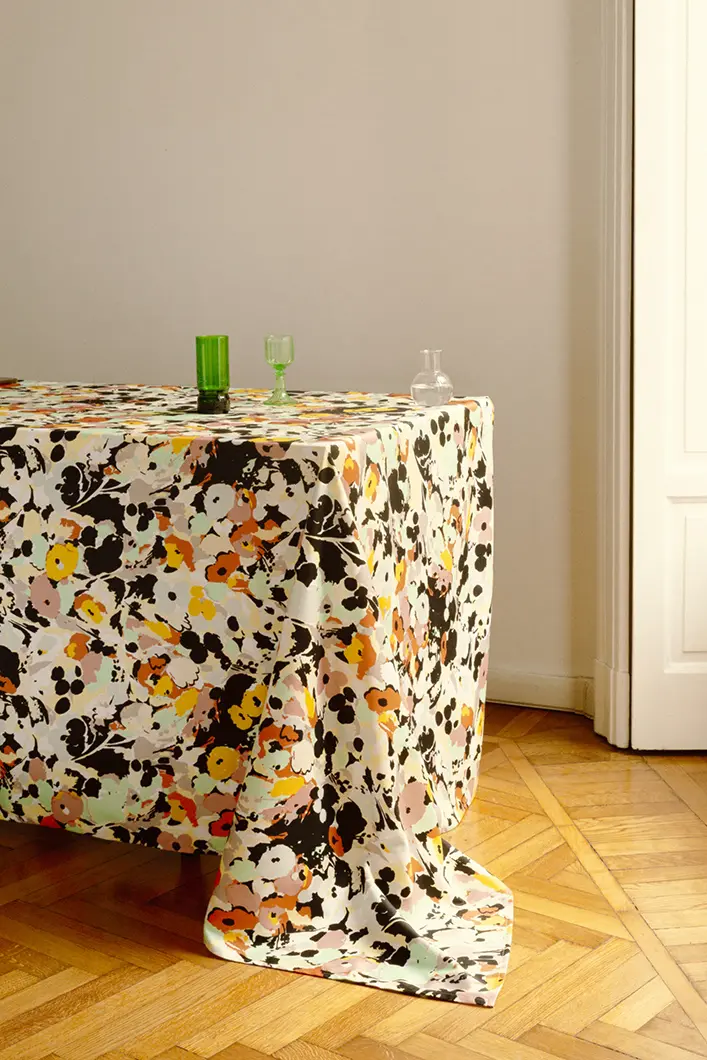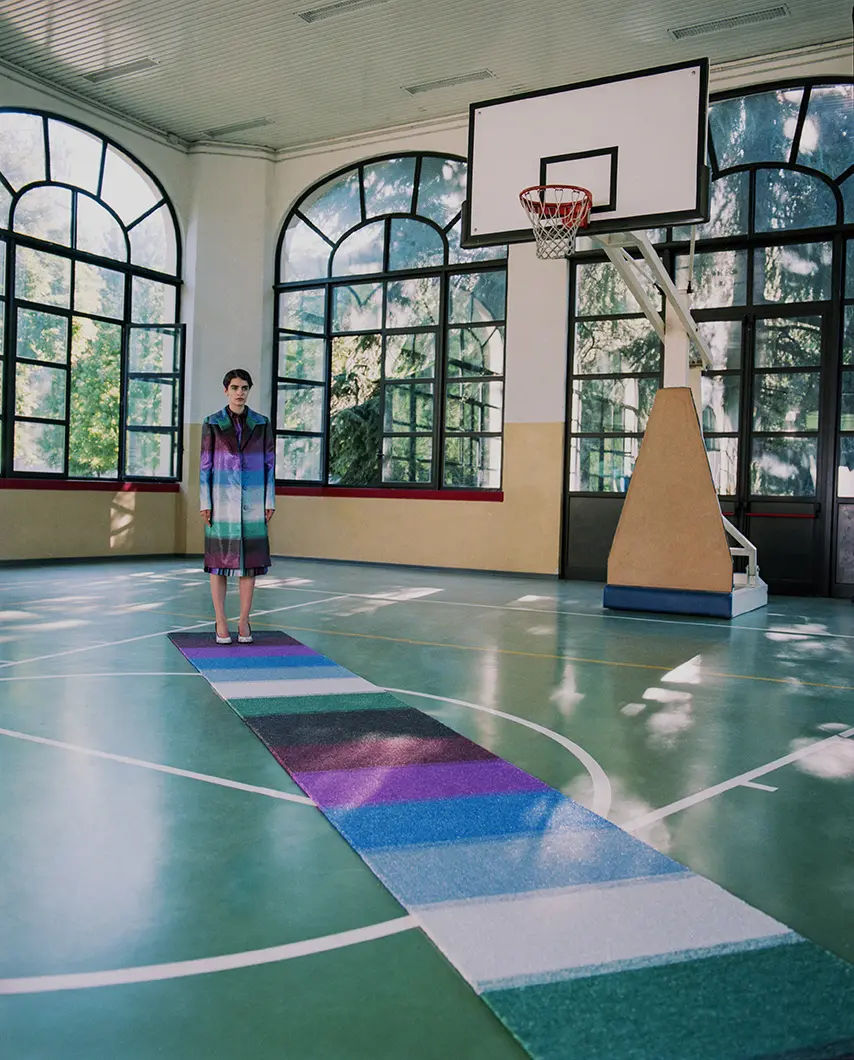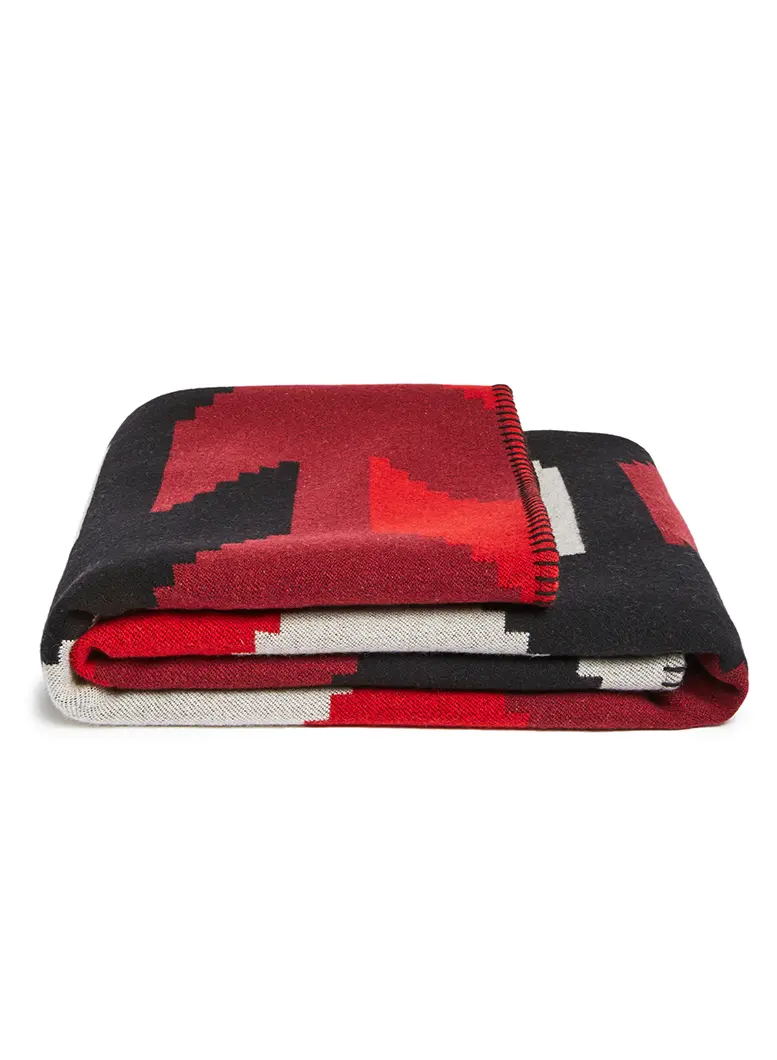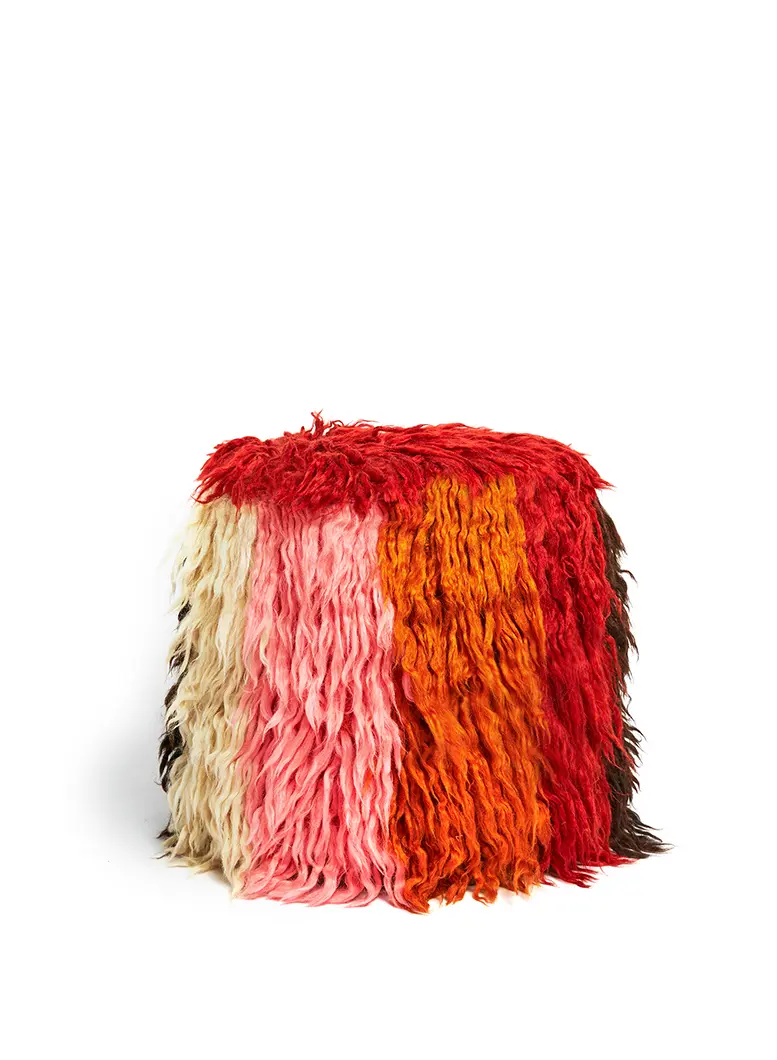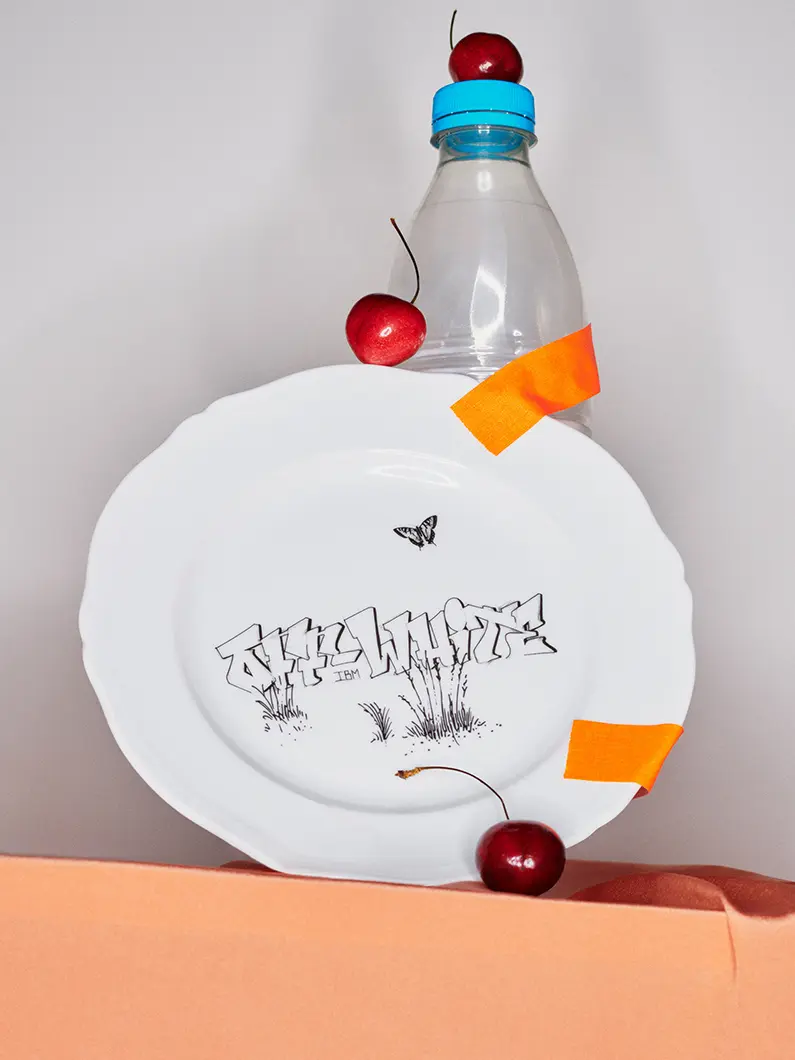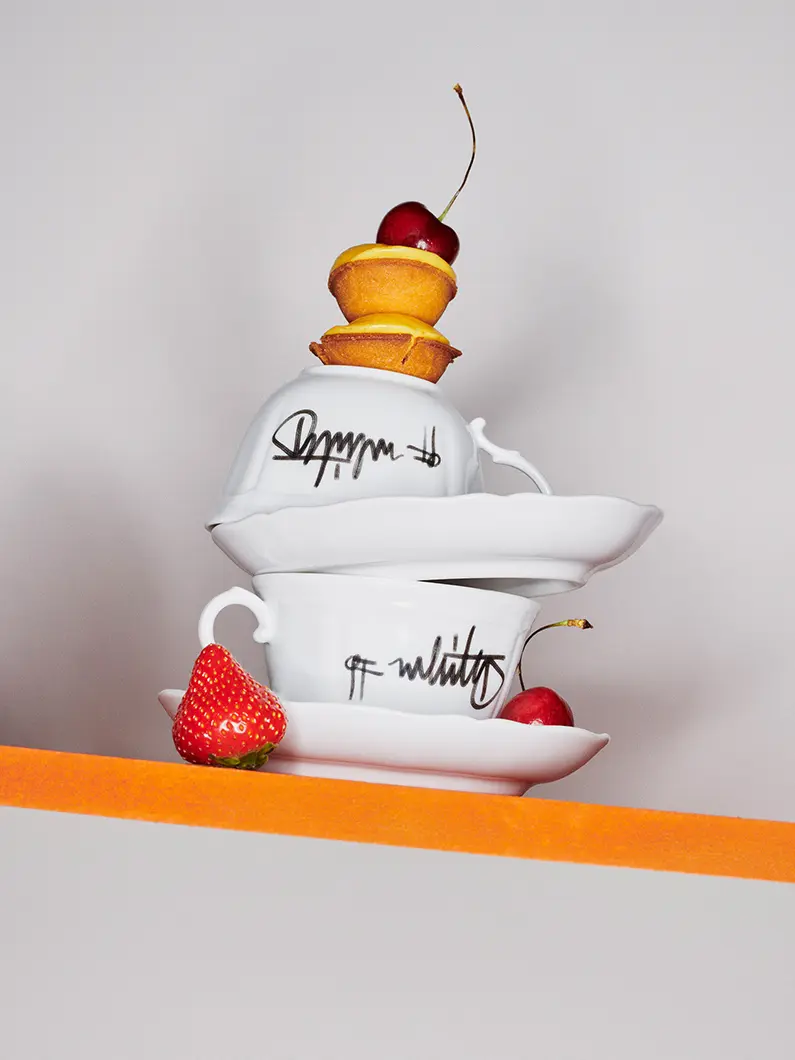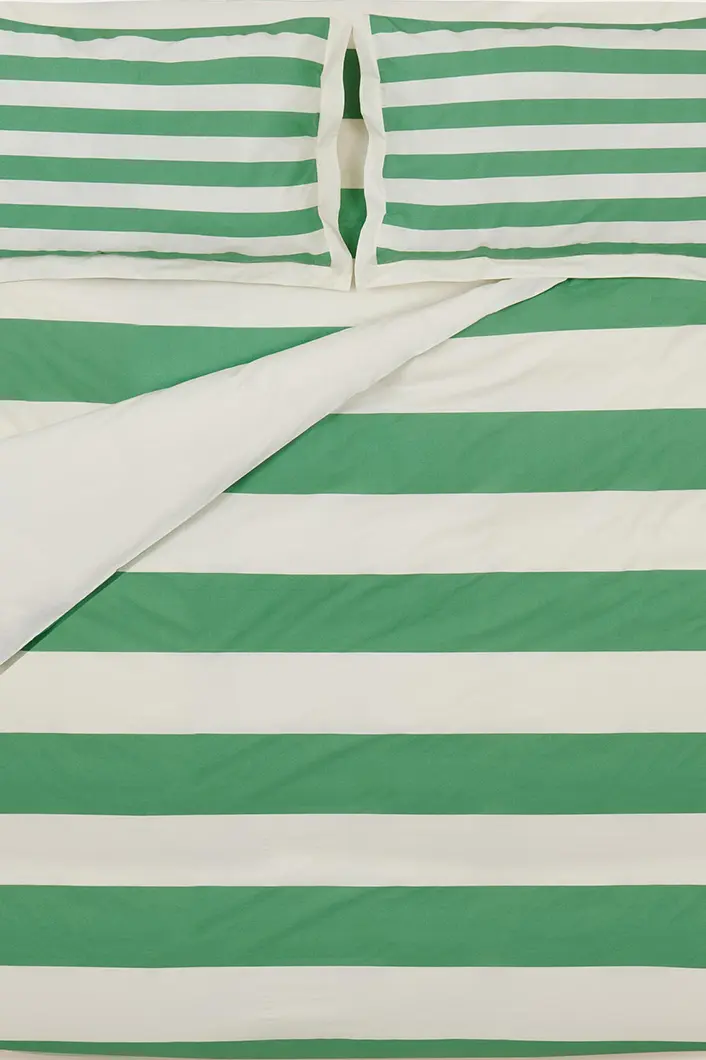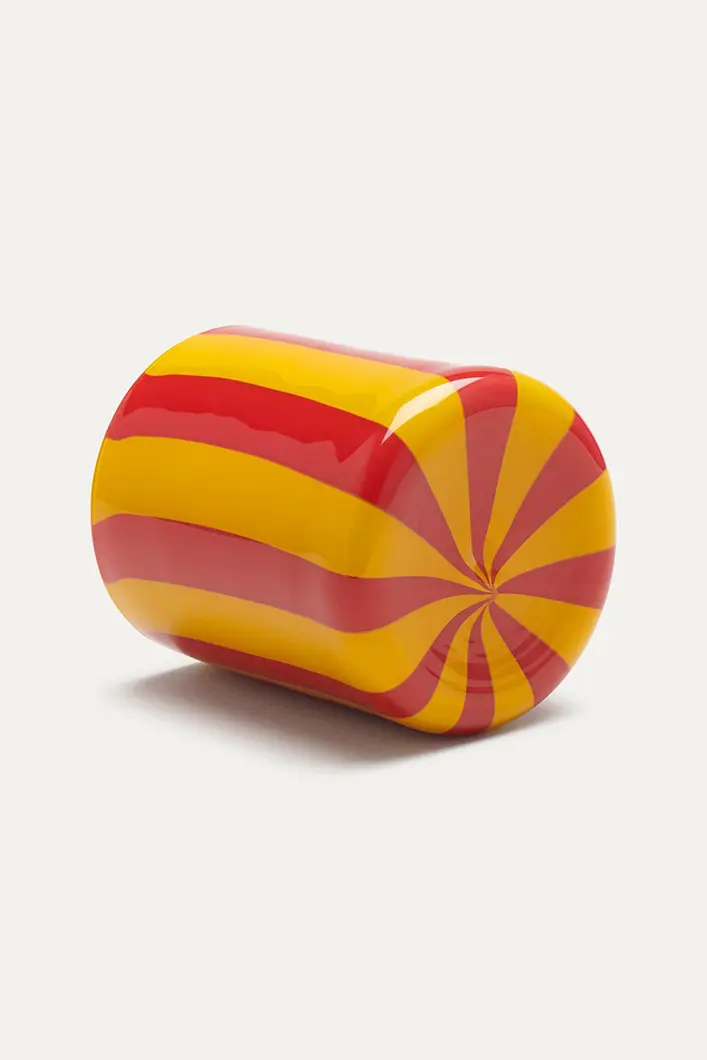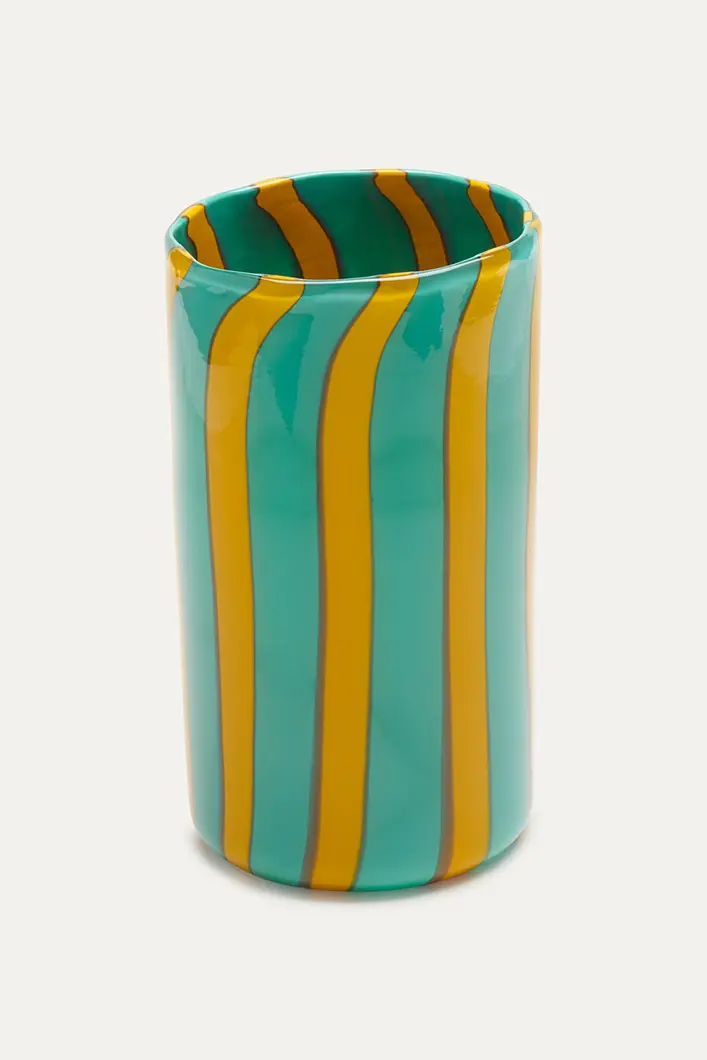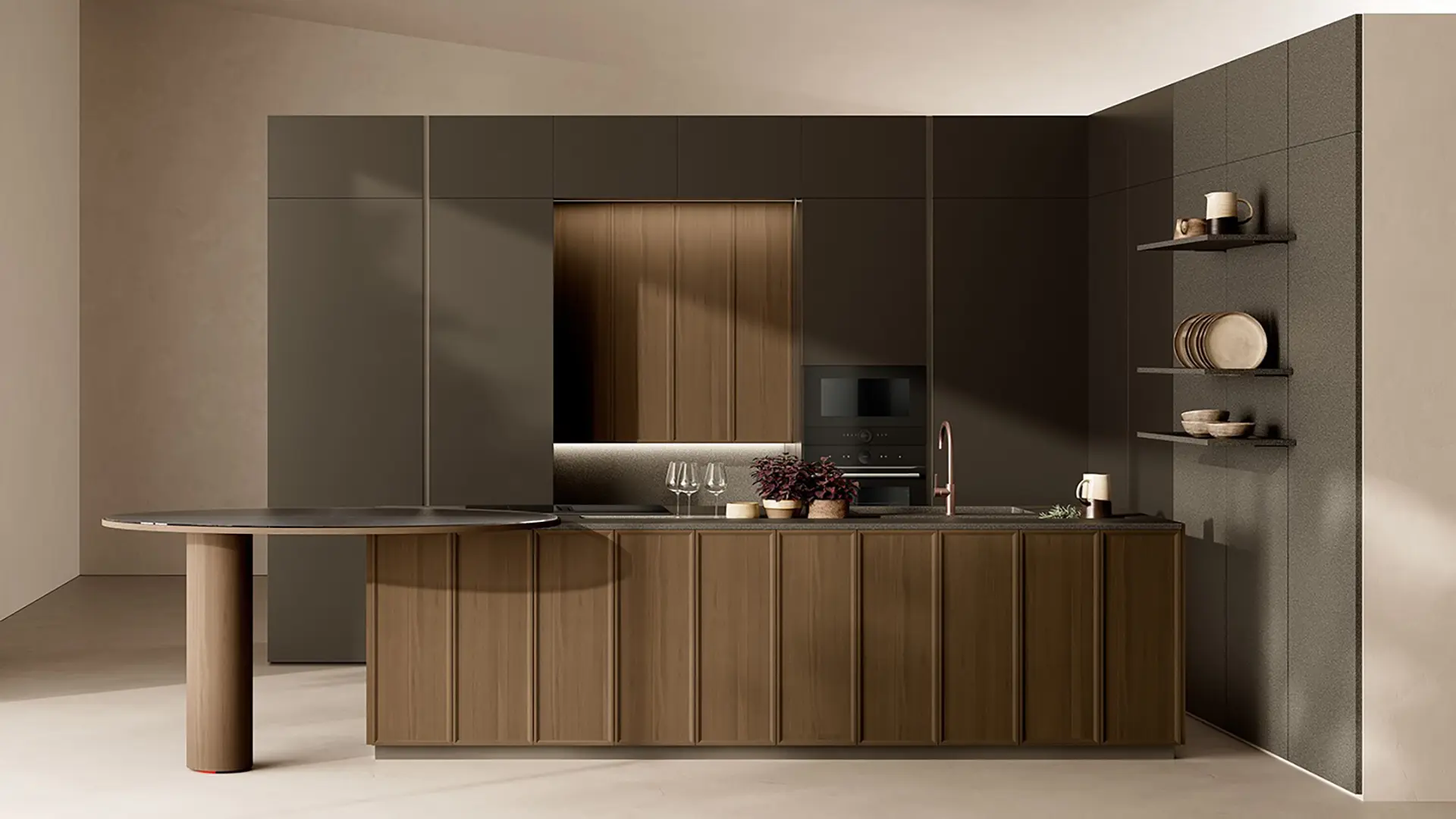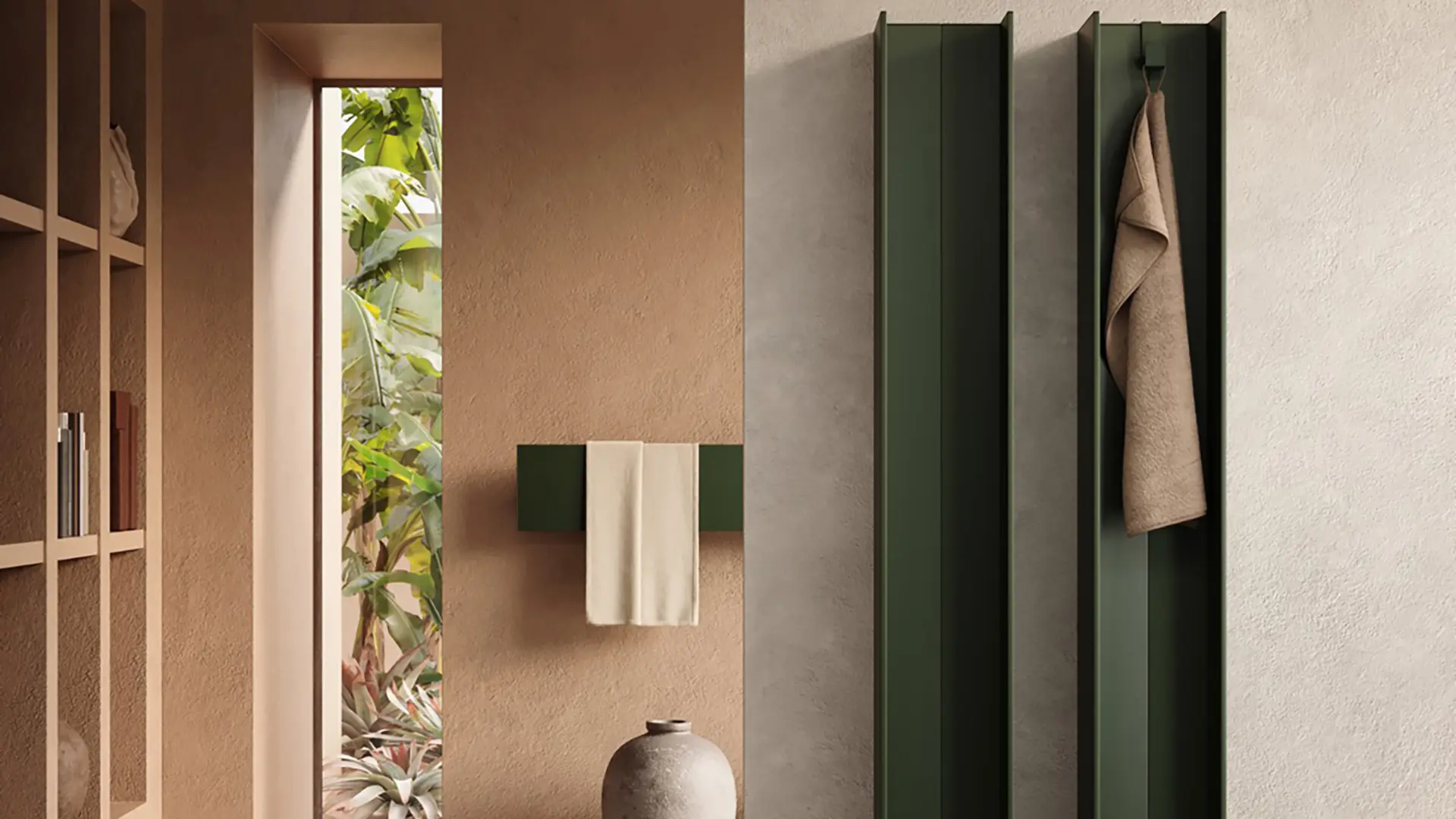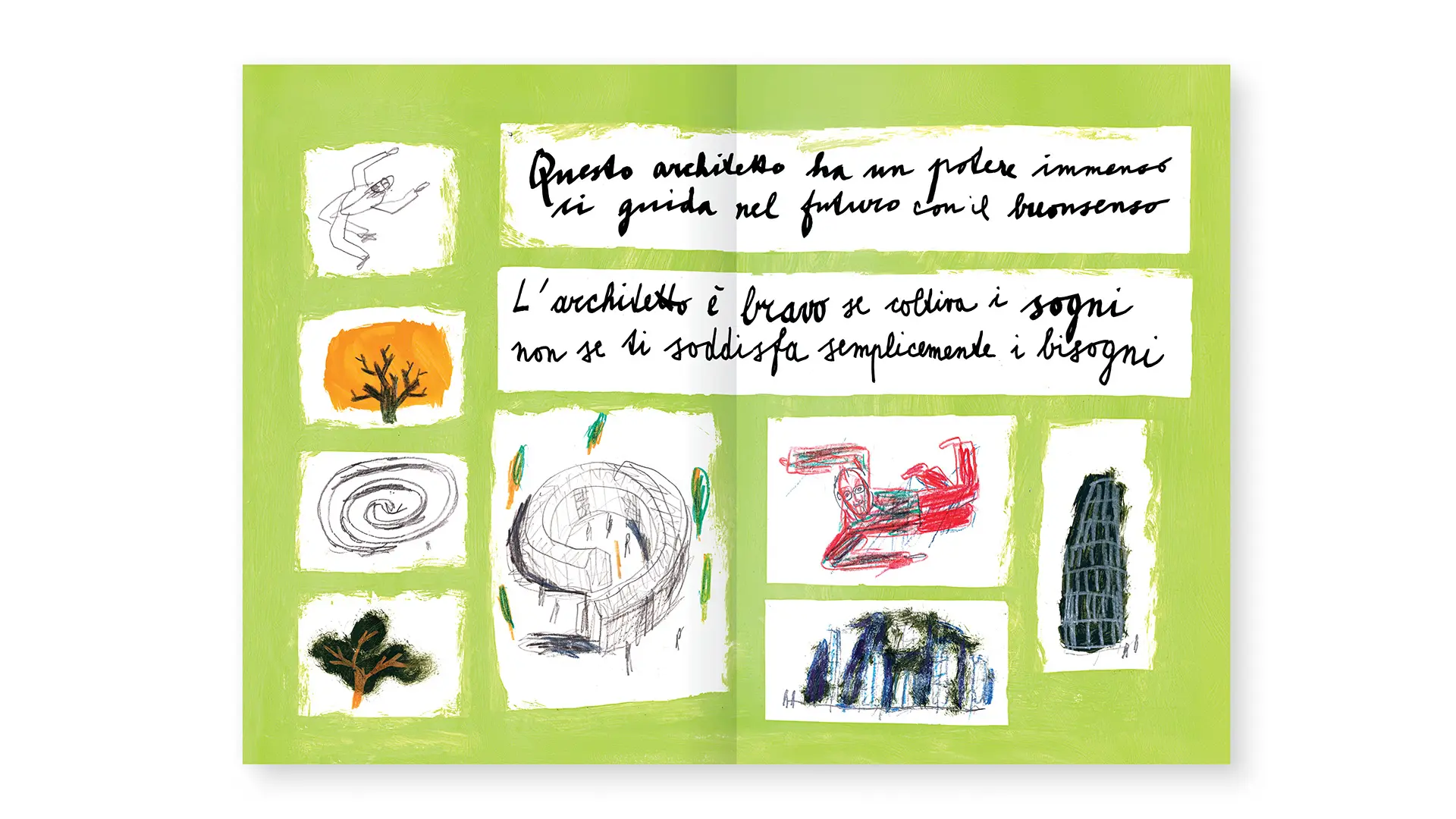Wood transforms the kitchen space with craftsmanship, technology, and continuity with the living area
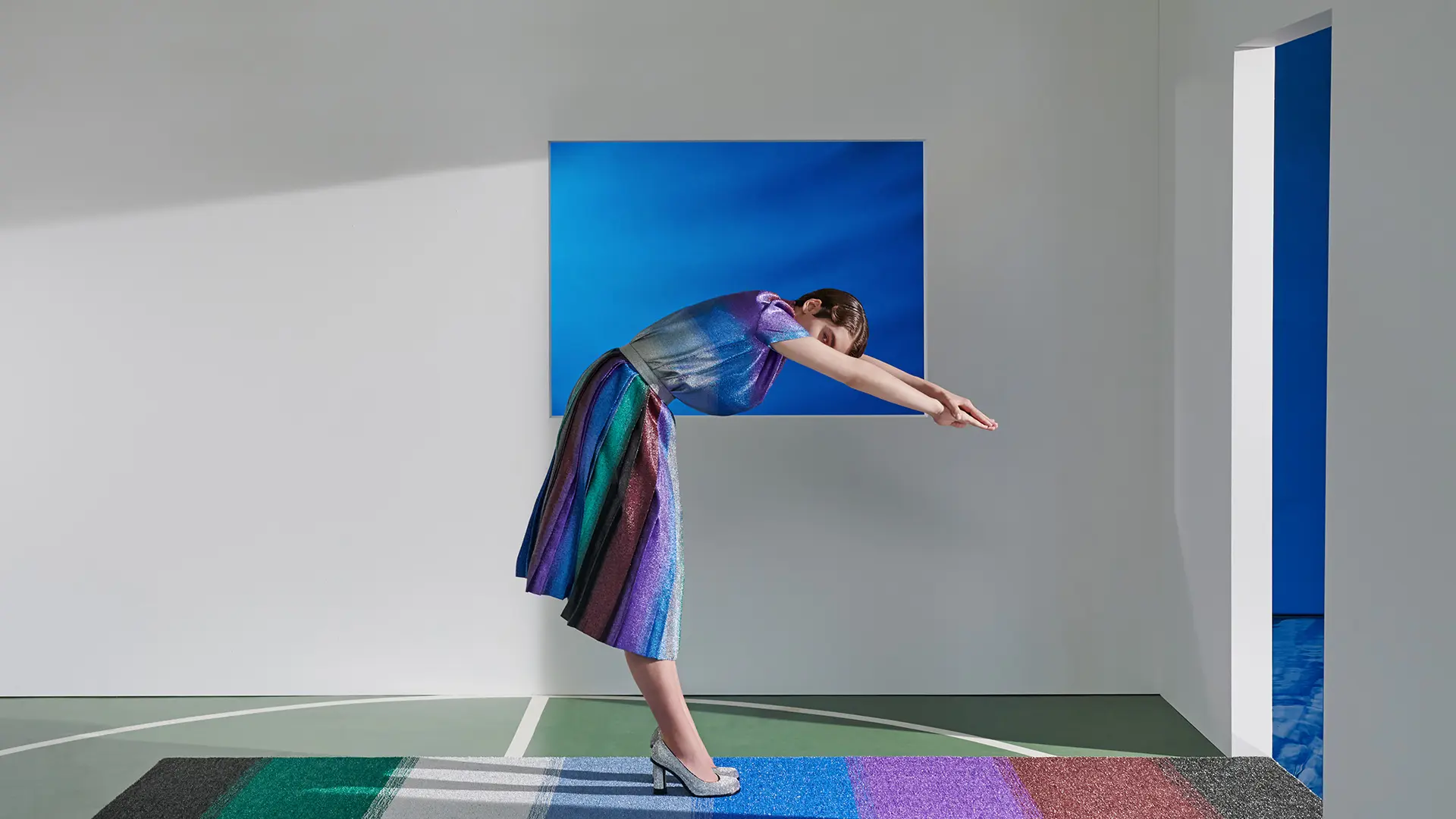
MDV by Marco de Vincenzo for cc-tapis. Ph. Credits Gaia Bonanomi
Young fashion brands look to their own houses for business and identity expansion, while design ventures into collaborations with fashion brands closest young culture, in a crossover of languages that has already fuelled a trend.
Does fashion exert an irresistible pull on design; or vice versa? The recent series of events that have brought Milan back to life and back on track where it flourishes best – in a series of presentations, fairs, beautifully dressed shop windows, showrooms made into temporary apartments and studios open to the public – has also shown that fashion and design increasingly share a non-specific language, enriched by a mutual exchange of codes. It is fair to say that this is not entirely new: brand extension licensing – from catwalks to tiles – was a source of both joy and sadness for many stylists at various levels during the 1980s. It is also well known that, way back in 2000, Giorgio Armani launched a “home” range, swiftly followed by other big Made in Italy brands. However, the fact that the crossover between fashion and design happens in the crossfire and blossoms between younger, more experimental and niche brands or those that are more up to speed with the sensitivities of the new consumers, reveals a market trend that marks a change in social needs. Besides which, lockdown and smart working, which seems to have become the norm, have shifted attention and investment into the domestic sphere.
This accounts for the fact that fashion brands such as Arthur Arbesser, Sunnei and Colville have decided to broaden their offering and expand into a more lifestyle-oriented market, in line with the times.
Arthur Arbesser, the Austrian stylist who has made Milan his home for the last 15 years, and where he launched his fashion brand of the same name, took advantage of Fashion Week to present his home range, Arthur Arbesser Casa. He started with textiles for the table - tablecloths and napkins available in four iconic prints from his fashion collection. “However, in April 2022, we will also make our furniture debut,” announced the stylist, who’s made no secret of his passion for design, explaining that the project responds to requests from his clients and dovetails with the timeless values of the brand.
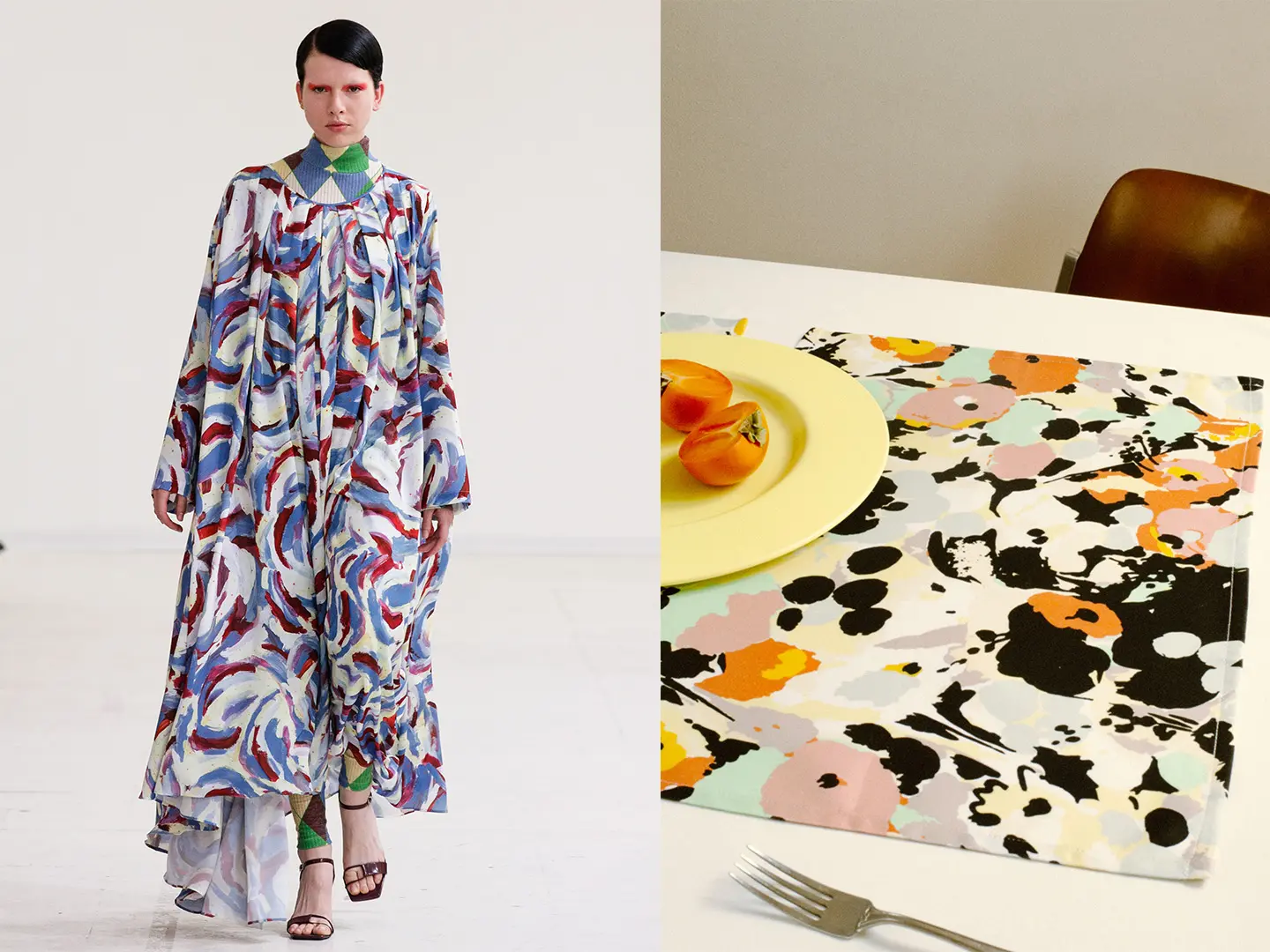
Arthur Arbesser
Sunnei launched its Sunnei Objects range last May, intending to make periodic releases, with a view to reflecting daily life, interests and activities that define the brand over and above clothing. The collection includes cushions, bed sets, Murano glass vases and accessories such as rugs, vinyl discs, puzzles and posters, all pieces that, according to the founders, Loris Messina and Simone Rizzo, “promise to be part of the lives of our community far longer than fashion pieces.”
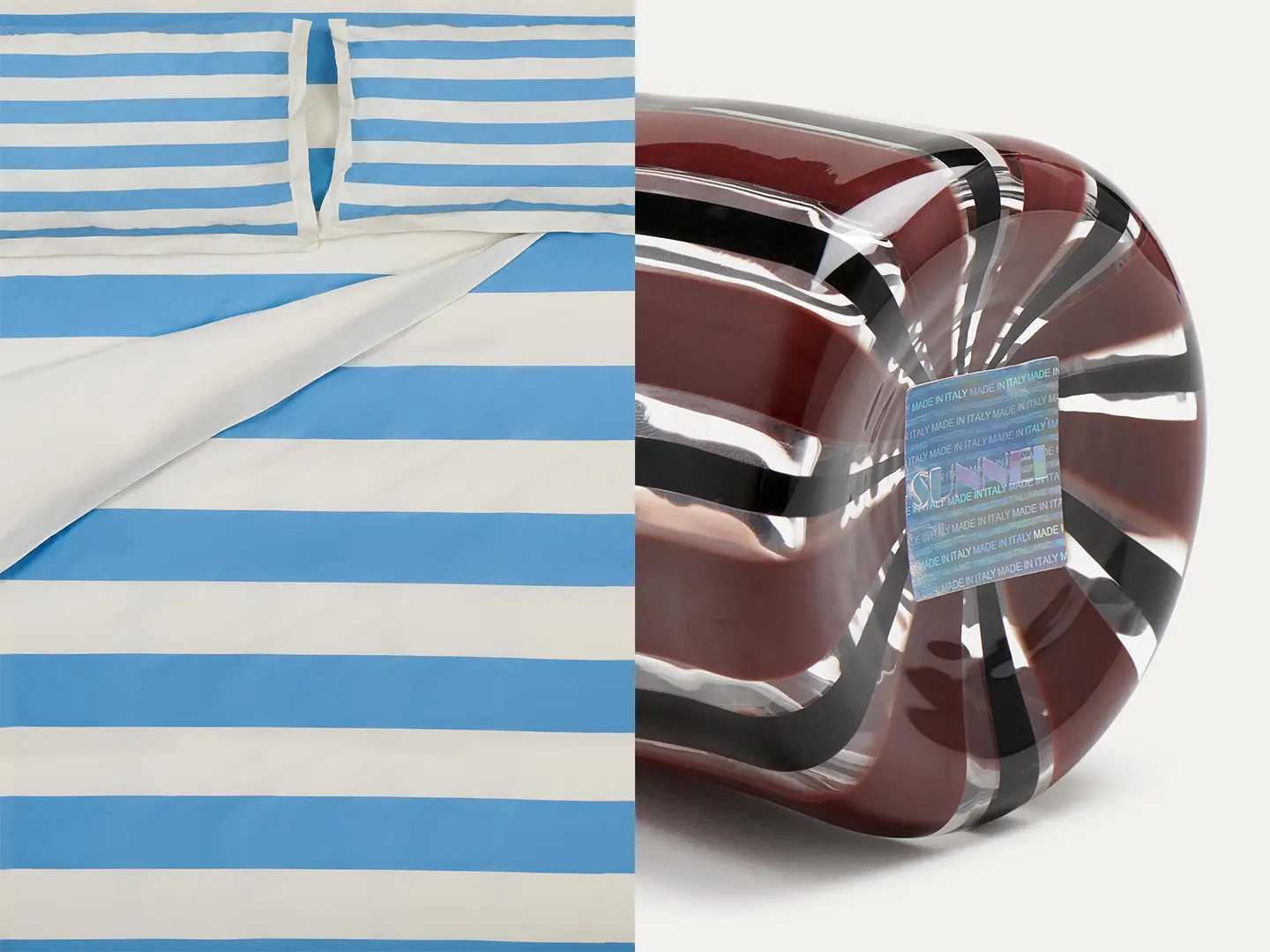
Sunnei
One of the pioneers of this trend was Colville, the brand set up by the British duo Molly Molloy (formerly a designer for Marni) and Lucinda Chambers (former fashion director of Vogue UK) in Milan. Launched in 2018, it offered rugs made in Turkey in the same colours as the clothes in its collections right from the outset. The homeware line then evolved organically, experimenting with various collaborations with craftspeople in Northern Italy and now features pouffes, covers, cushions and vases.
On the other hand, it’s not just brand extensions that feed the new crossovers between fashion and design, there are also actual “meetings.” This is the case with the old-established Florentine house of Ginori 1735 and the brand Off-White – set up by Virgil Abloh in 2013. Their “home collaboration,” launched during the Salone del Mobile, marrying the traditional style of the Antico Doccia tableware collection with the aesthetics of the fashion brand, to interpret “a current cultural vision.” The limited-edition collection marks the first step in a lengthy partnership set for 2022.
A few months back, cc-tapis, which produces hand-made rugs in Nepal and celebrates its tenth anniversary this year, made its online commercial debut with yet another partnership – as befits the company’s modus operandi – but with a stylist, Marco de Vincenzo, this time. The result – The MDV collection – means that rugs suitable for e-commerce can be designed, creating a total look that takes in rugs, skirts and shoes. As with Off-White and Ginori, here too the products are available from both brands.
If on one hand, these ventures have the advantage of not diluting the identity of fashion brands, perhaps even consolidating them, on the other they communicate the brand identity through products that may well be a lot more durable than clothing, while for design brands it’s a case of espousing a language that is innately more accessible to the budding generation of consumers. A sign of the attraction that, for these various reasons, the “home” segment exerts also comes from ventures such as Toiletpaper – made up of the artist Maurizio Cattelan and the photographer Pierpaolo Ferrari – and the British photographer Rankin. Both are expanding into signature lifestyle furniture and articles; the former with Toiletpaper Home, which officially launched in September, and the latter with Rankin Penthouse Salon - both a gallery and luxury accommodation, this London space is destined in future to house furnishings and objects dreamt up by the photographer.


 Stories
Stories
